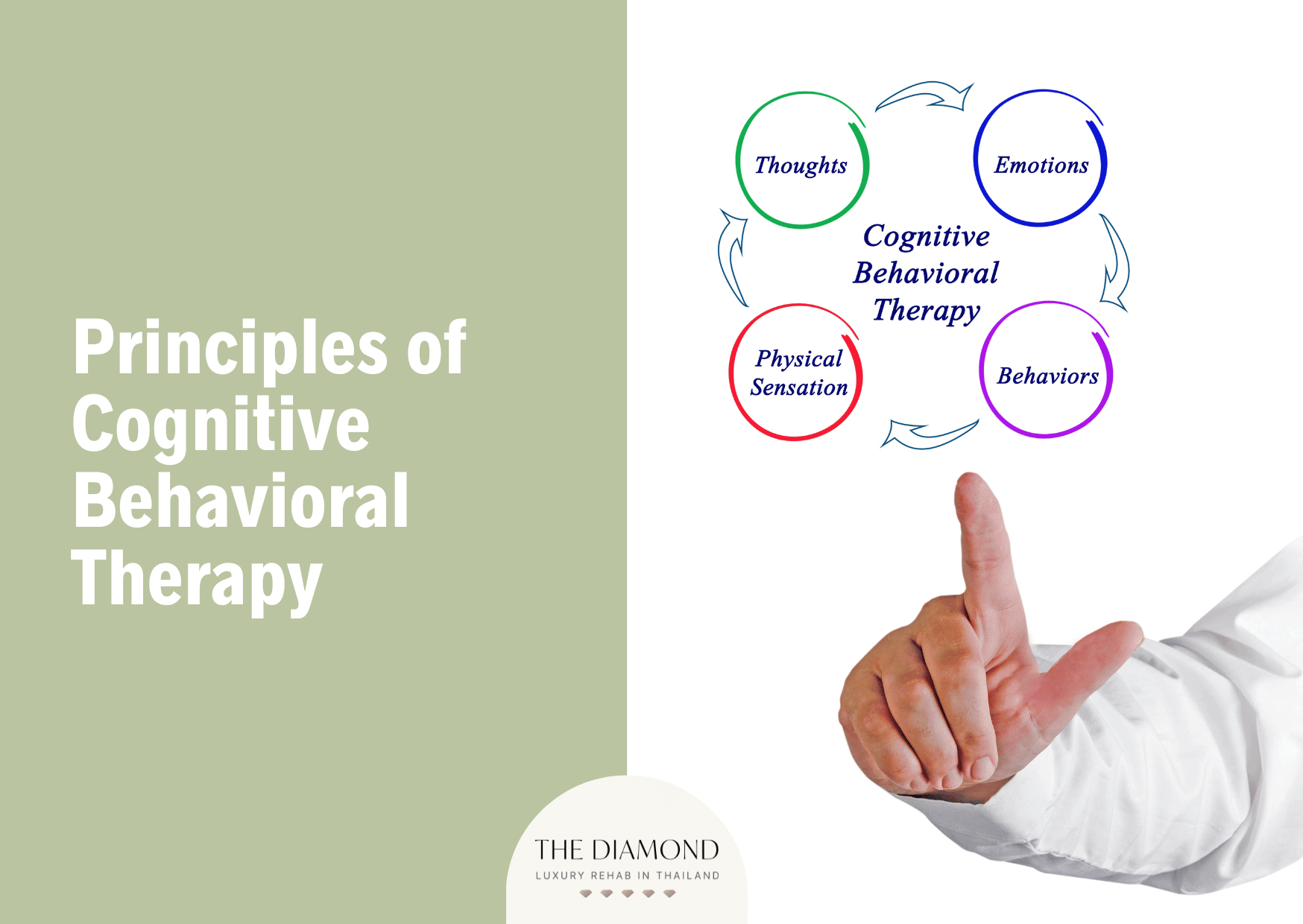Catastrophizing: Why We Spiral Into Worst-Case Scenarios
When we fall prey to perfectionism, we think we’re honorably aspiring to be our very best, but often we’re really just setting ourselves up for failure, as perfection is impossible and its pursuit inevitably backfires.
Have you ever found yourself spiraling into worst-case scenarios after receiving critical feedback, even when the situation doesn’t warrant it? Perhaps your boss suggests improvements to your work, and your mind jumps to thoughts of job loss, financial ruin, or personal failure. This cognitive distortion is known as catastrophizing, a common but often deeply distressing mental habit.

Understanding Catastrophizing
Catastrophizing is the tendency to magnify challenges or negative events, envisioning the worst possible outcome with little evidence to support it. While it often feels automatic, it is not without cause. This pattern of anticipating worst-case scenarios often has roots in early life experiences, when the seeds of self-perception and emotional regulation are first planted.
The Impact of Early Experiences
To understand why catastrophizing occurs, it helps to look at our personal histories. For many, the habit stems from the emotional residue of past relationships, especially those with caregivers. If your parent was highly critical, unpredictable, or emotionally unavailable, their behavior might have taught you to anticipate danger, criticism, or failure—even in safe or neutral situations.

Childhood Trauma and Catastrophizing
Early adverse experiences can shape how we perceive and respond to stress as adults. Childhood trauma—such as neglect, abuse, or growing up in a chaotic environment—can condition the brain to stay hyper-alert to danger. This heightened vigilance often leads to cognitive distortions like catastrophizing, in which the mind exaggerates potential threats as a protective mechanism.
Breaking Free from Catastrophizing
The good news is that catastrophizing is a learned habit, and like any habit, it can be unlearned with effort, awareness, and support. Mindfulness, Cognitive Behavioral Therapy (CBT), and lifestyle changes can effectively reduce catastrophizing, improve coping strategies, and enhance quality of life.
Catastrophizing doesn’t mean that you’re overly dramatic or weak. It’s a sign that your mind is doing its best to protect you, even if it’s overestimating the danger you face. By understanding the connection between past and present, you can learn to interrupt the cycle and respond to life with greater clarity and calm.










